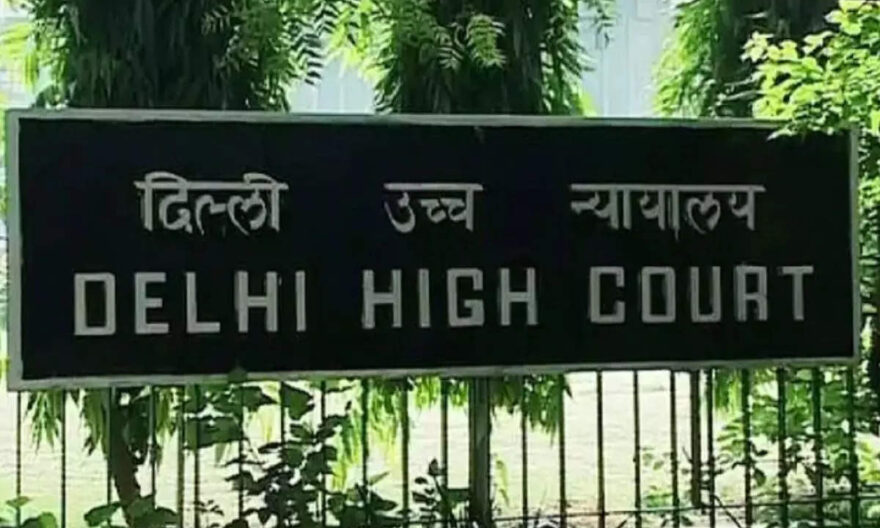
Microsoft and Google have moved to the Delhi High Court to challenge its order, wherein a single judge bench ordered the search engines to remove non-consensual intimate images from the internet without requiring a specific URL.
The Order That is Being Challenged
Microsoft and Google have filed appeals against the judgment passed by Justice Subramonium Prasad on April 26, 2023, and as per this judgment, the court directed the two companies to proactively remove non-consensual intimate images (NCII) from the internet without insisting on specific URLs. Justice Prasad cautioned social media intermediaries that they risk losing their legal immunity or protection from liability if they fail to adhere strictly to the specified timeframe outlined in the Information Technology Rules (IT Rules) regarding the removal of non-consensual intimate content.
He asserted that search engines possess the capability to promptly remove non-consensual intimate content without necessitating repetitive legal interventions from victims. The judge dismissed any notion of search engines claiming incapacity in swiftly removing or disabling access to links containing illicit content, highlighting their responsibility in combating such materials.
Reasons for Challenging the Order
The companies have argued in court that enforcing these directives is currently technologically unfeasible and goes beyond the scope of the existing legal framework. Senior Advocate Jayant Mehta informed the court and said that the technology on which the single-judge bench relied while pronouncing the judgment was a tool used by Meta (Facebook). He highlighted the contrast between Meta and Bing, Microsoft’s search engine, noting that Bing does not host any content, unlike Meta. He explained that while it’s feasible to take down content when provided with a URL, the court order requires search engines to actively search through their entire database for specific images and then remove them, a task currently considered unattainable.
He also emphasized that deploying artificial intelligence (AI) to fulfill these directives is impractical, as AI tools would struggle to differentiate between consensual and non-consensual images, making it unfeasible to rely on AI for this task.
Read More: Supreme Court, Delhi High Court, States High Court, Other Courts, International




